The Center for Environmental Futures (CEF) is an interdisciplinary group of faculty and students that reflects a longstanding investment in environmentalism and social justice at the University of Oregon and in the larger Oregon community. We engage the environmental humanities, social sciences, art, and architecture, in dialogue with allied fields. Our mission is to encourage faculty and students in interdisciplinary environmental studies research and teaching, to encourage and support members of the community to participate in the University’s environmental studies programming and problem-solving, and to cultivate relationships and build projects to address our most pressing environmental and social problems.
Below are this years’ recipients of the Mellon Summer Faculty Research Award. They are assoicated with the departments of Geography, Comparative Literature, and English.
Jon Bellona, Bailey Hilgren, & Lucas Silva
Soundscapes of Socioecological Succession: An Interdisciplinary Record of Resilience to Wildfire
Soundscapes of Socioecological Succession explores different embankments along the McKenzie River valley and the regeneration of human and ecological systems in the aftermath of the Holiday Fire. The often-intermingled sounds of communities rebuilding, non-human life thriving, scientific observation, and the complex interactions between these ecosystems provide a unique array of intersectionality through sound.
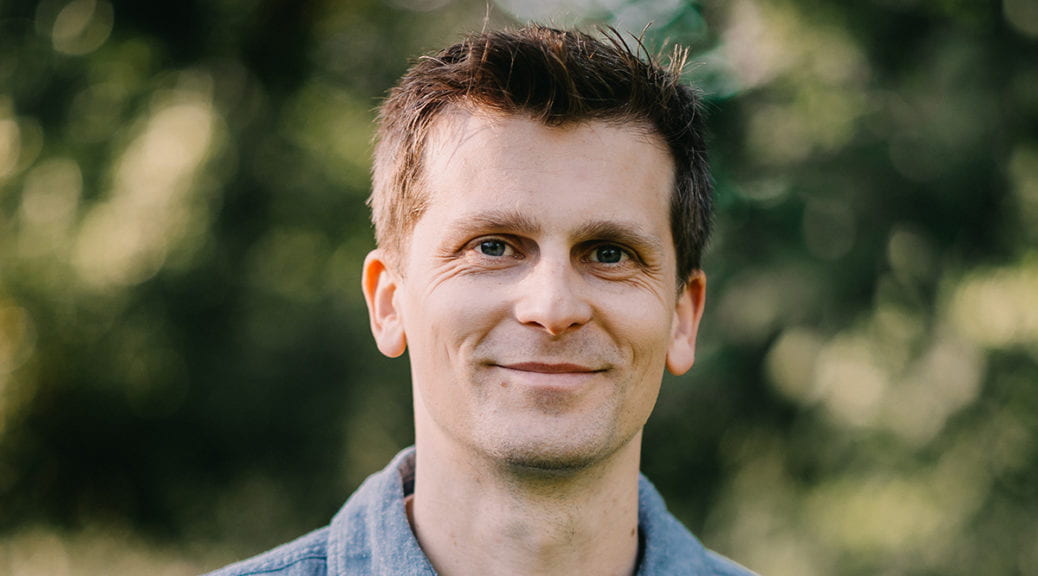
Jon Bellona
Jon Bellona is a Senior Instructor of Audio Production in the School of Music and Dance at the University of Oregon, specializing in digital technologies. His music and media explore environmental sustainability, data-body interactivity, digital musical instruments, site-specific sound, and choreographic composition. Jon is a co-director of Harmonic Laboratory, an interdisciplinary arts collective focused on art and technology collaborations.
https://www.jpbellona.com/
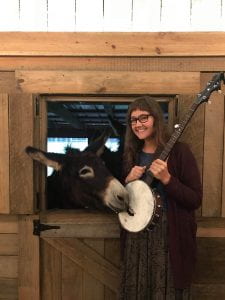
Bailey Hilgren
Bailey Hilgren is a graduate employee pursuing a master in Environmental Studies. She is a musicologist and sound studies scholar working in the environmental humanities. Her research revolves around the ways sound, music, and listening contribute toward our understandings of non-human environments, animals, and our interactions with them, with a particular concern for manifestations of environmental privilege and injustice.
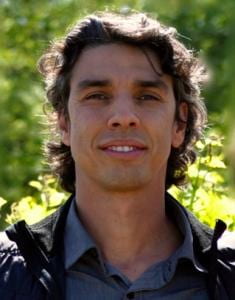
Lucas Silva
Lucas Silva is an Associate Professor in the Department of Geography. His interests intersect between terrestrial ecology and biogeochemistry, soil-plant-atmosphere interactions, and climate change impacts on natural and managed lands.
Lucas is the principal investigator for Soil, Plant, Atmosphere (SPA) Research Lab, an interdisciplinary research team between the Environmental Studies Program, Department of Geography, and Institute of Ecology & Evolution at the University of Oregon.
https://soilplantatmosphere.wordpress.com/
Leigh Johnson
A Political Ecology of Prison Labor in Oregon Forests
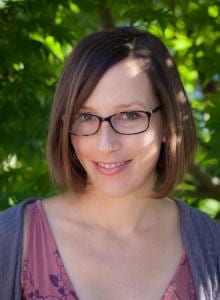
Leigh Johnson is a human geographer whose focus is on the the intersection of disaster and climate risk, vulnerability, labor, and finance. Her research investigates how configurations of public and private sectors and financial arrangements shape disaster vulnerability and influence people’s everyday sociological reproduction. Her work spans multiple regions and scales.
One of her longstanding focuses is catastrophe and weather insurance. She studies why and how insurance and other risk transfer tools have become solutions of choice, and with what impacts for climate governance, justice, livelihoods, and landscapes.
Jenifer Presto
Landscape of Disaster: Italy and the Russian
Modernist Imagination

Jenifer Presto is an Associate Professor of Comparative Literature and Director of Russian, East European, and Eurasian Studies at University of Oregon. Her research sheds new light on Russian modernism by engaging with the interdisciplinary methods of gender studies and the environmental humanities. Her first book, Beyond the Flesh: Alexander Blok, Zinaida Gippius, and the Symbolist Sublimation of Sex, was devoted to the problem of gender and self-creation in the life and art of two of Russia’s foremost symbolist poets.
Landscape of Disaster: Italy and the Geopoetics of Russian Modernism illuminates how environmental upheaval served as a potent force in Russian modernism’s transnational turn.
Sarah D. Wald
Diversity Outdoors: Equity and Environmental Justice in Outdoor Recreation and Public Lands Advocacy
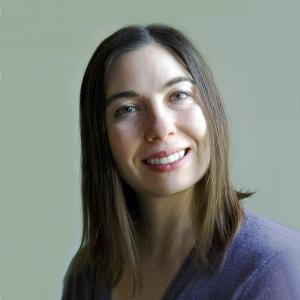
Sarah D. Wald in an Associate Professor in Environmental Studies and English at the University of Oregon. She is also affiliated graduate faculty with the Indigenous, Race, and Ethnic Studies as well as on the steering committee for the CEF. She is affiliated with Food Studies and the Center for Latino/a and Latin America Studies. Sarah researches and teaches classes on the relationship between race and the environment, immigration and citizenship, food studies, environmental justice, and nature in popular culture.
Diversity Outdoors: Equity and Environmental Justice in
Outdoor Recreation and Public Lands Advocacy is a research project that explores how different narratives address inequities and diversity in public land use and outdoor recreation. She looks at everything from documentaries about the first all-Black ascent of Denali to a graphic novel about bird watching and Black Lives Matter to blogs and Instagram posts about Latinx identity and nature to probe this question
Peter Walker
Wildfire Resistance, Resilience, and Collaboration:
Bringing the High Desert Partnership Model to Western Oregon
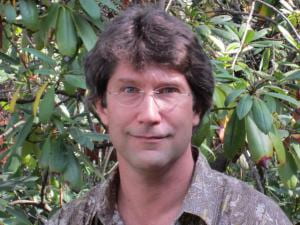
Peter Walker is a professor in the Department of Geography and Environmental Studies at the University of Oregon. His academic interests include the social and political dimensions of human uses of the physical environment, with a focus on Africa and the American West.
His work, Wildfire Resistance, Resilience, and Collaboration: Bring the High Desert Partnership Model to Western Oregon, highlights the work done in Harney County to address megafires and how it can be implemented in the Willamette Valley and beyond.
